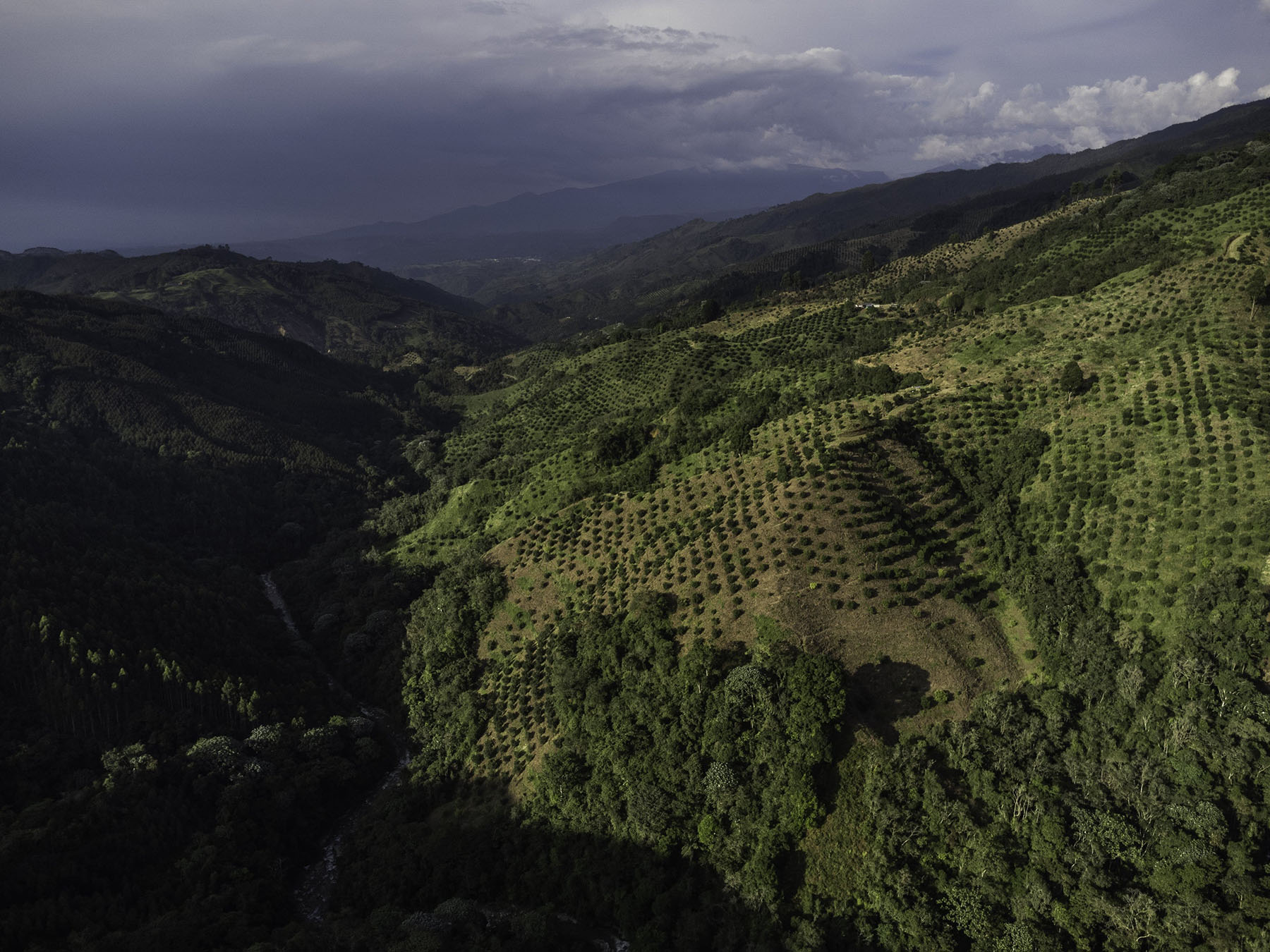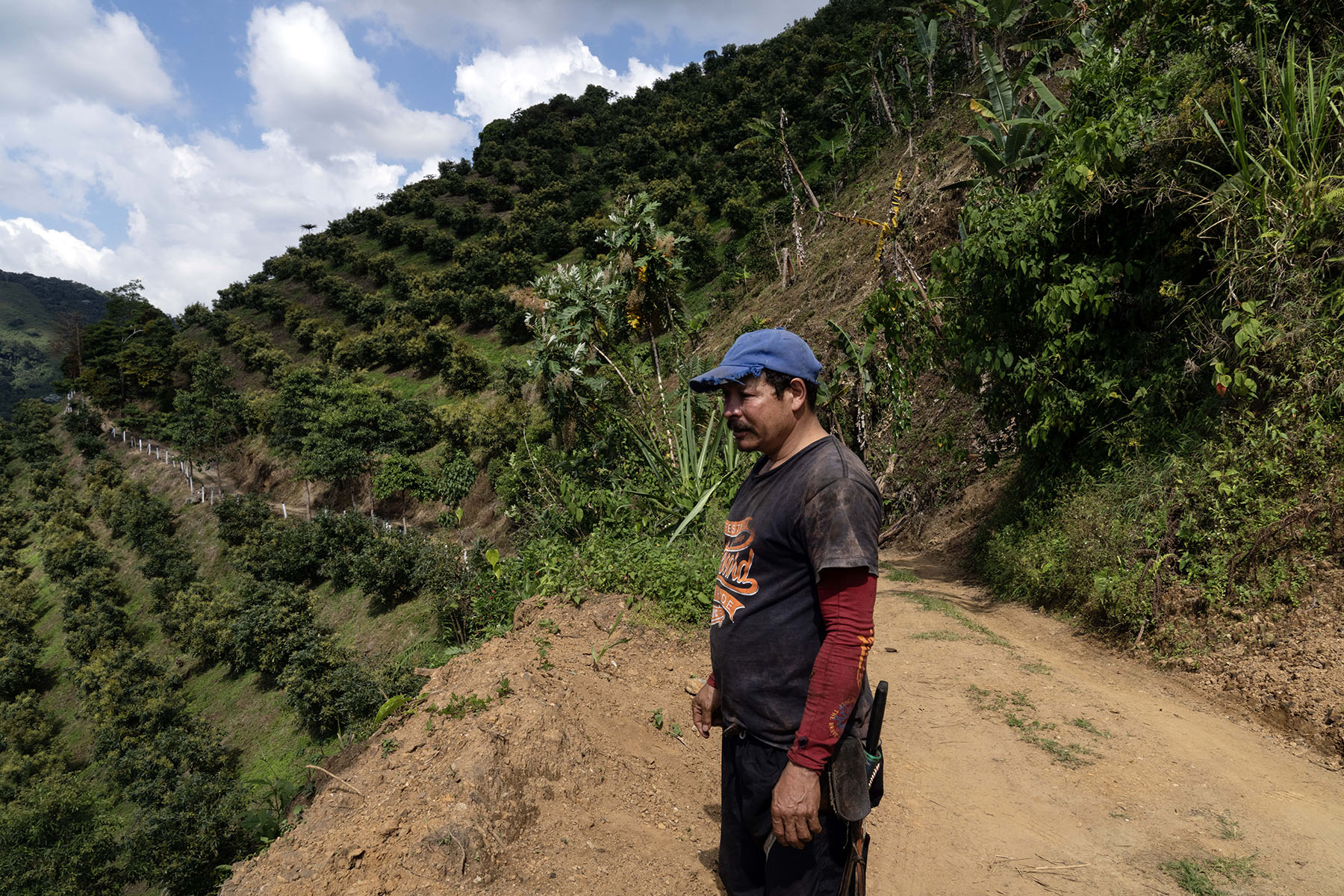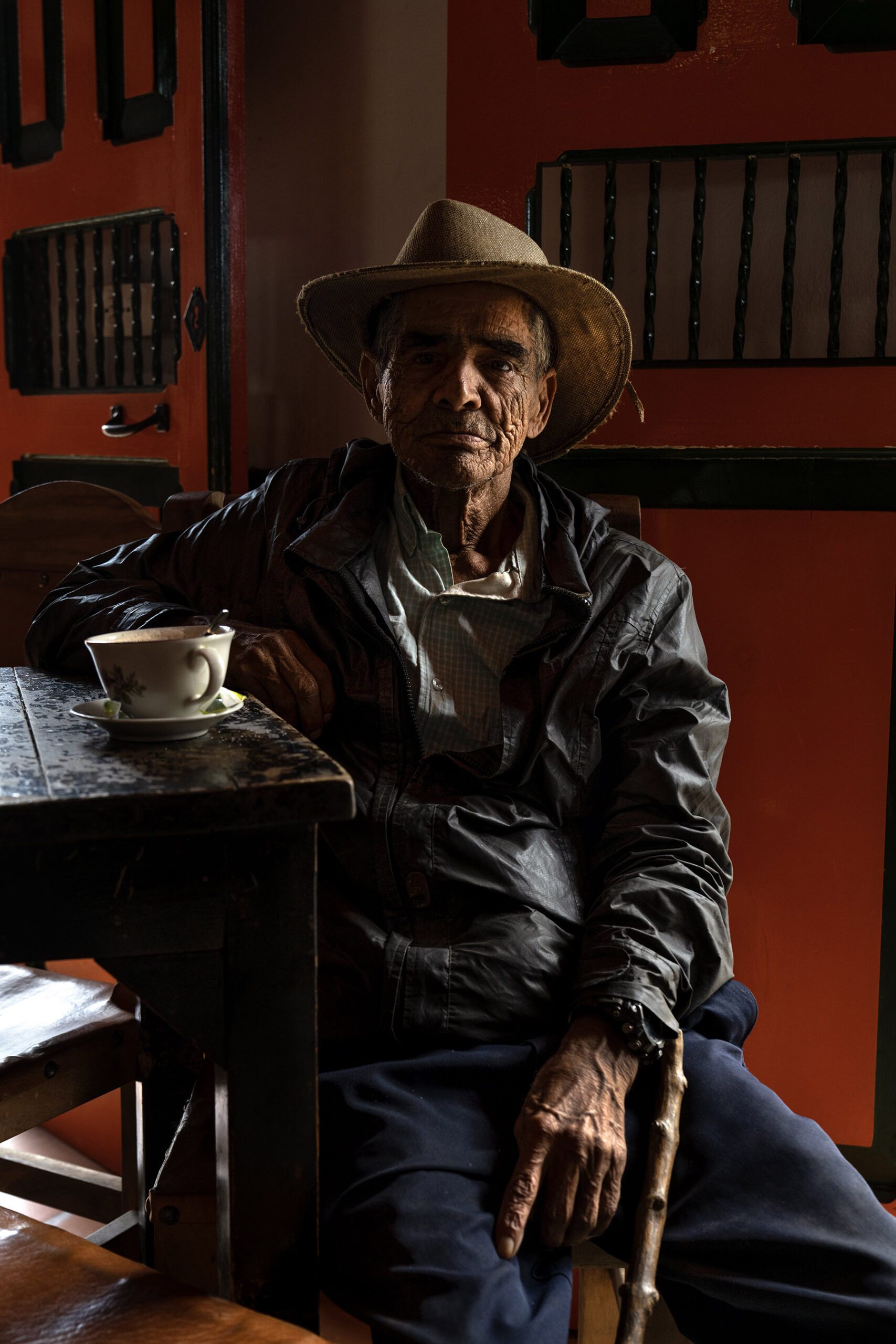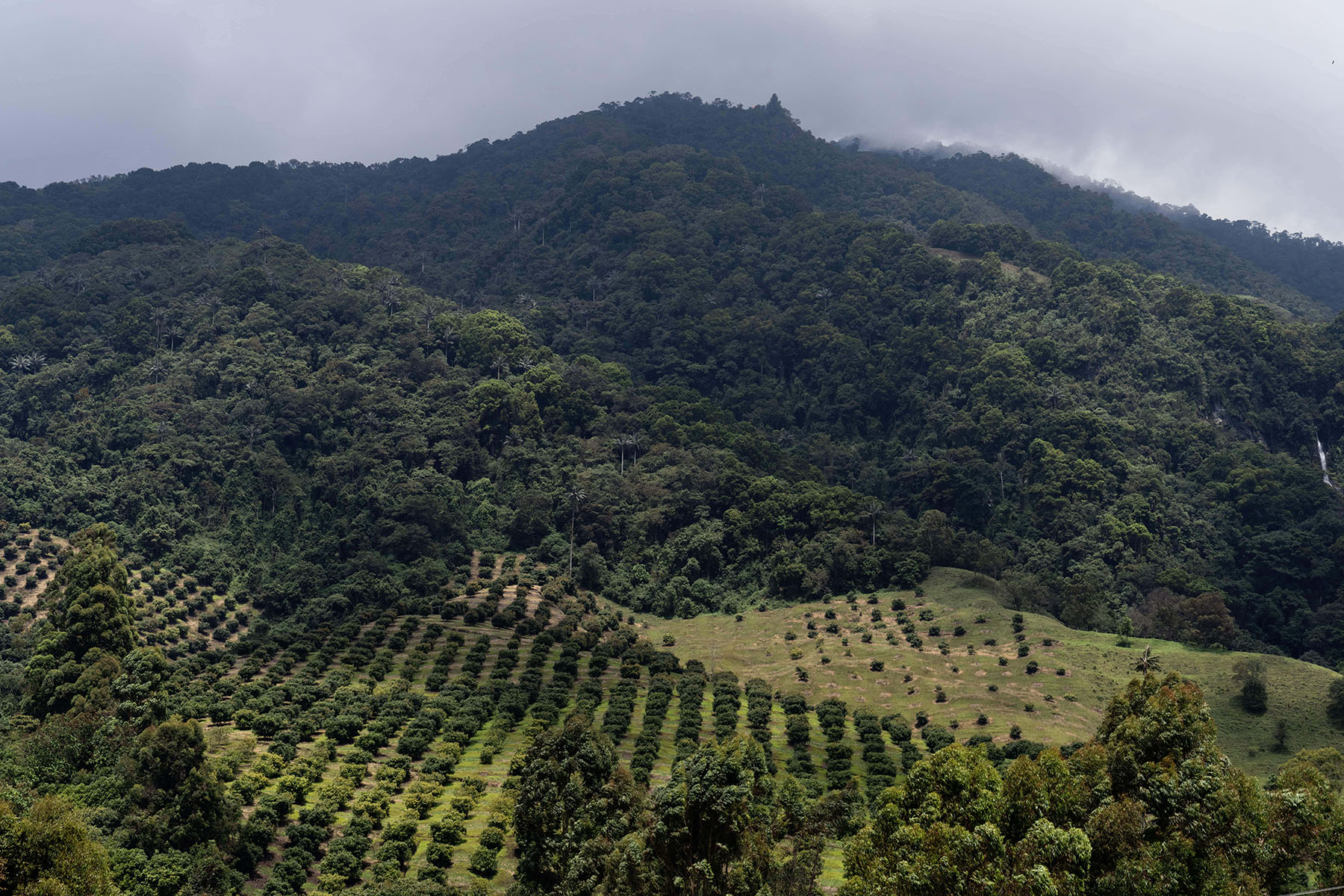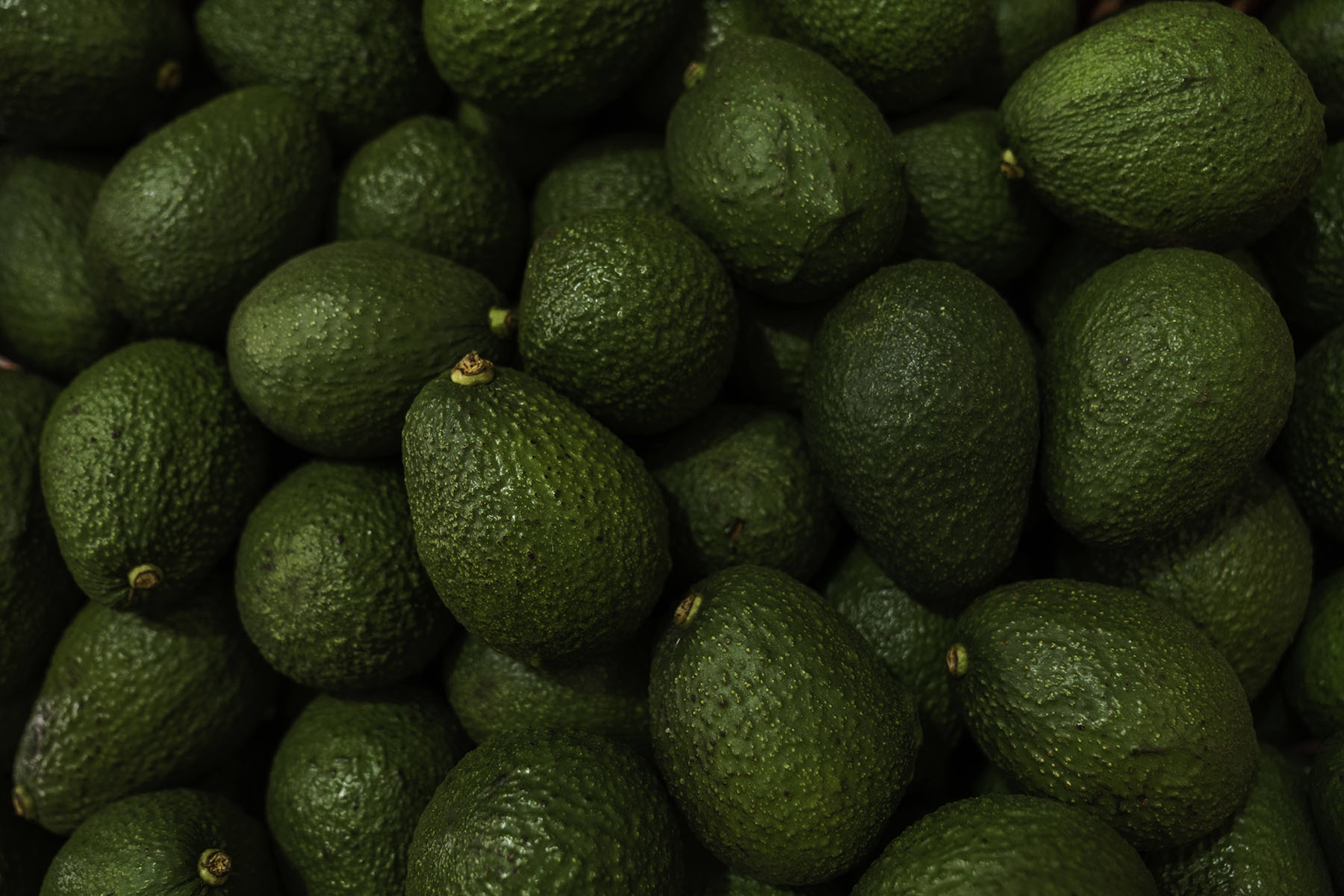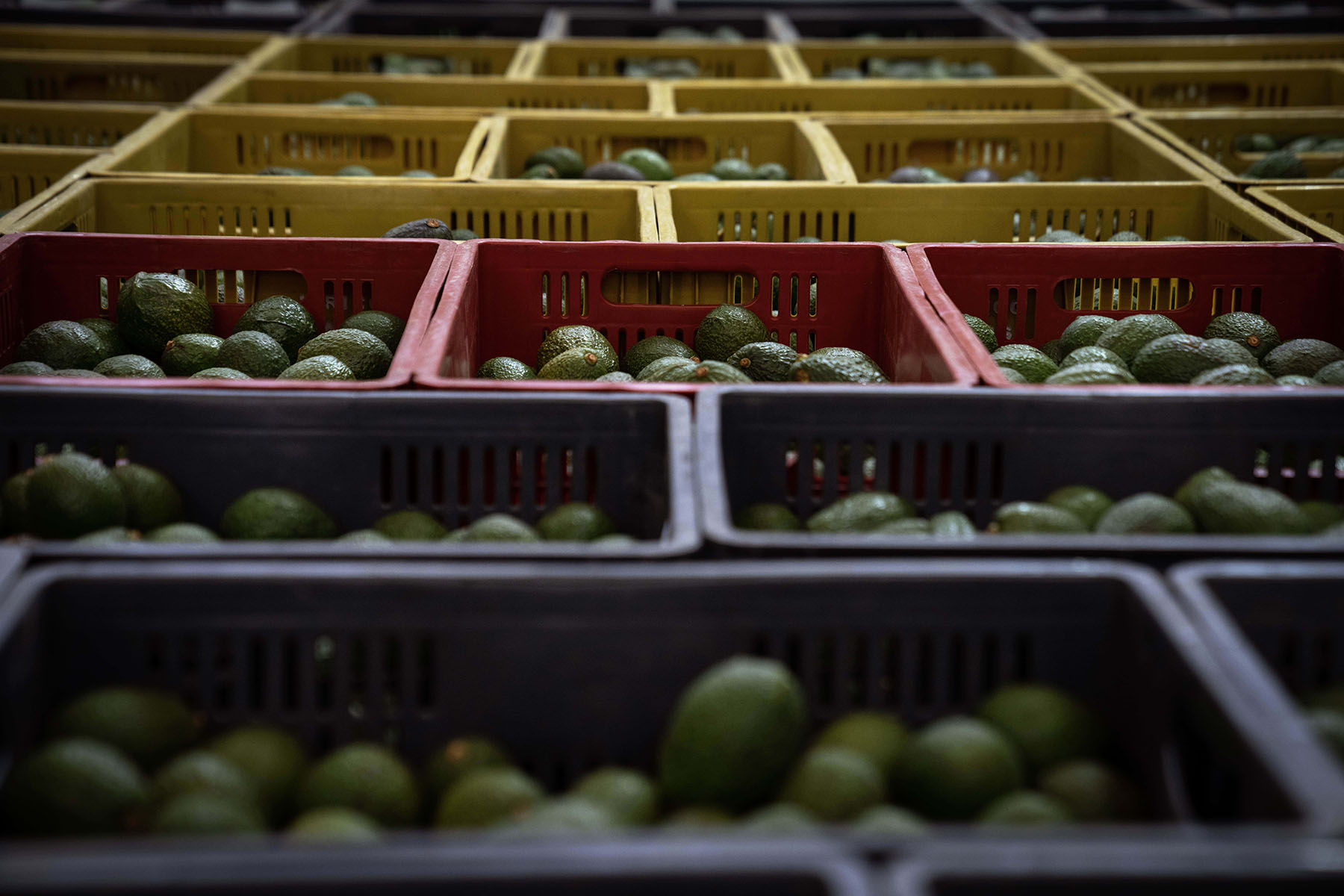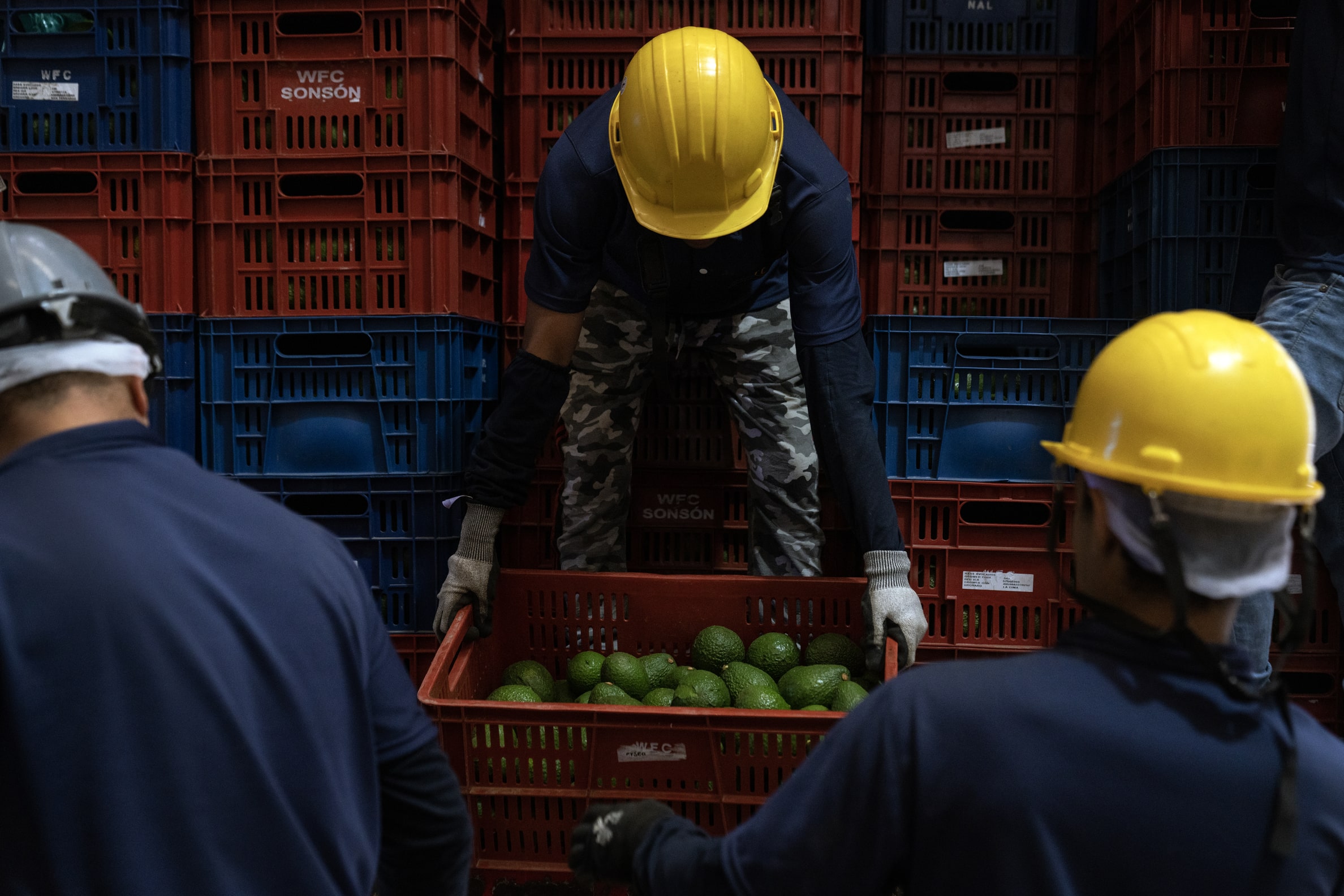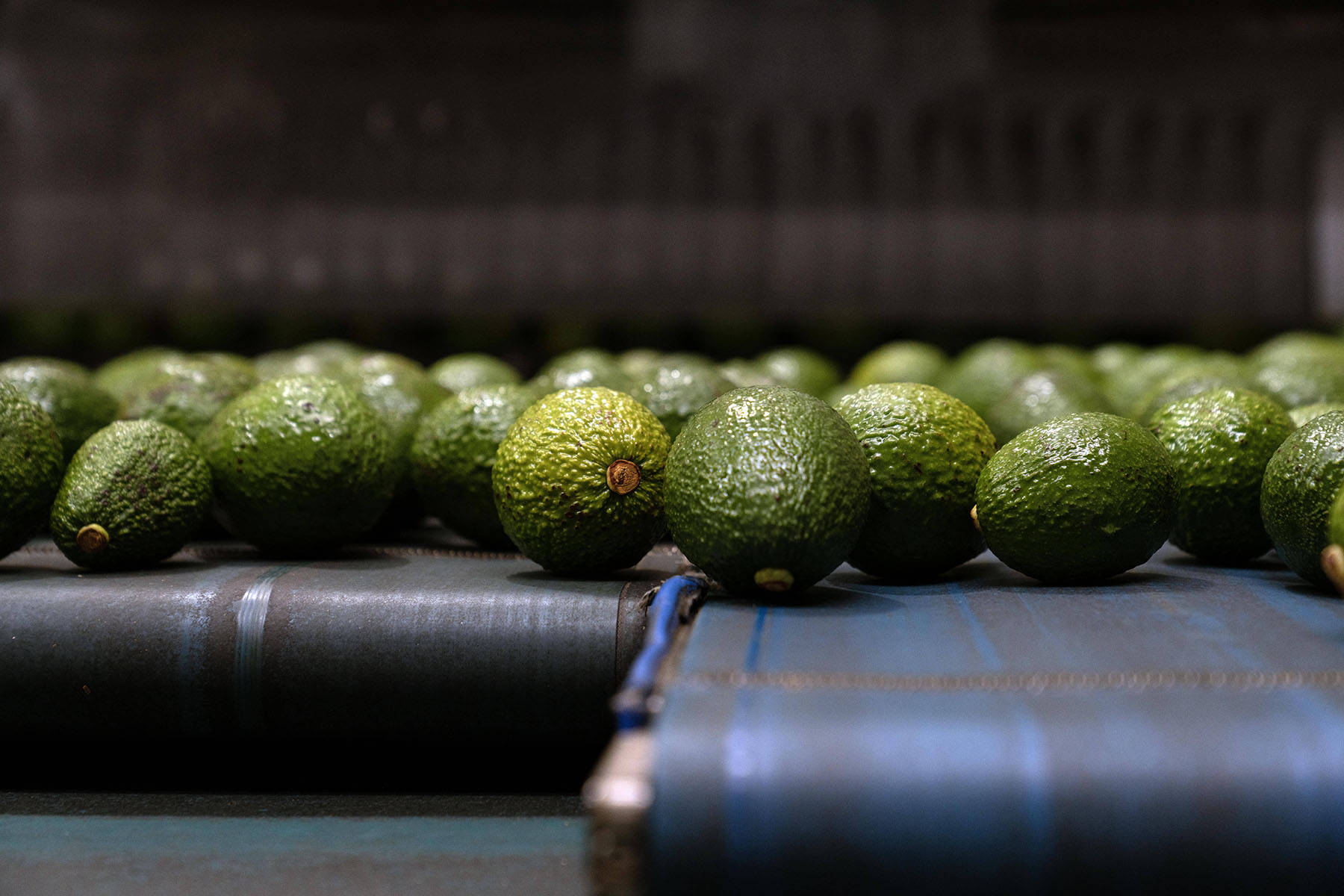The (un)sustainability of the avocado production in Colombia

Case study conducted by Mani Tese

Case study conducted by Mani Tese
Quindío, Colombia's smallest department, nestled in the central cordillera between Cali and Medellín. Its mountains are a destination for tourists and hikers, who come to trek and admire the country's iconic trees, the wax palms, unique in the world because they grow here at an altitude of more than 2,000 metres. Today, however, the focus is not on these impressive trees, but on a new crop that is spreading rapidly: the avocado 'hass'.
According to environmentalists, local politicians and activists, the area in which the production is being developed is predominantly occupied by the Andean bosque, a tropical ecosystem rich in biodiversity but extremely fragile which, due to its functions as a water reservoir and carbon sink, plays an important role in mitigating global warming.
The avocado 'hass' expresses an intensive production system, based on monoculture and massive start-up investments. Small producers have neither the resources nor the capital to actively enter this market. They end up being crushed by this system and sent to swell the ranks of the urban sub-proletariat in the big cities.
The survey documents an increasingly heated clash, which affects the very idea of the future not only of Colombia but of the entire world, and which tells us how each of our food choices produces effects that we cannot even imagine.
Concept and coordination: Giosuè De Salvo
Texts by: Stefano Liberti, Giosuè De Salvo
Photos by: Francesco Bellina
Fixer in Colombia: Christian Escobar Mora
Graphic design and layout: Lilian Visintainer Pinheiro
Publication date: May 2023
